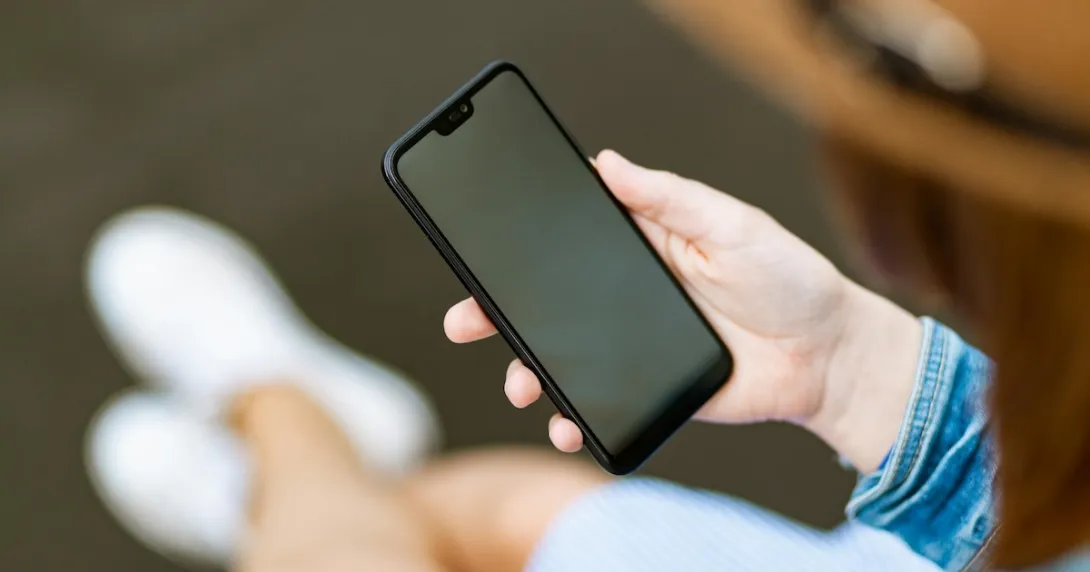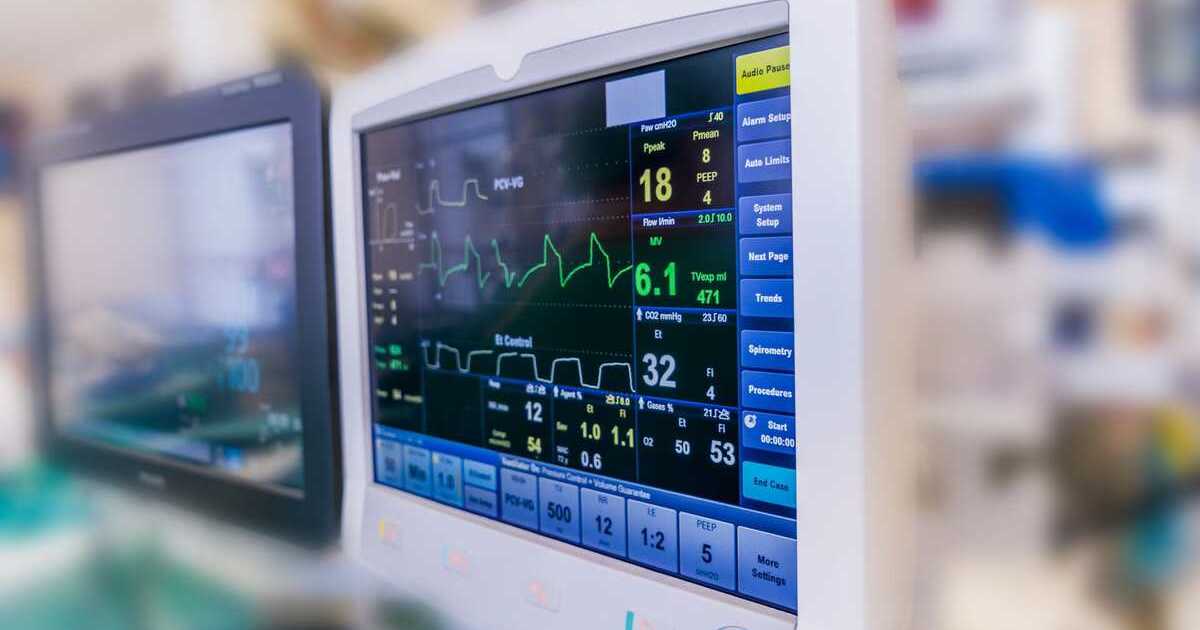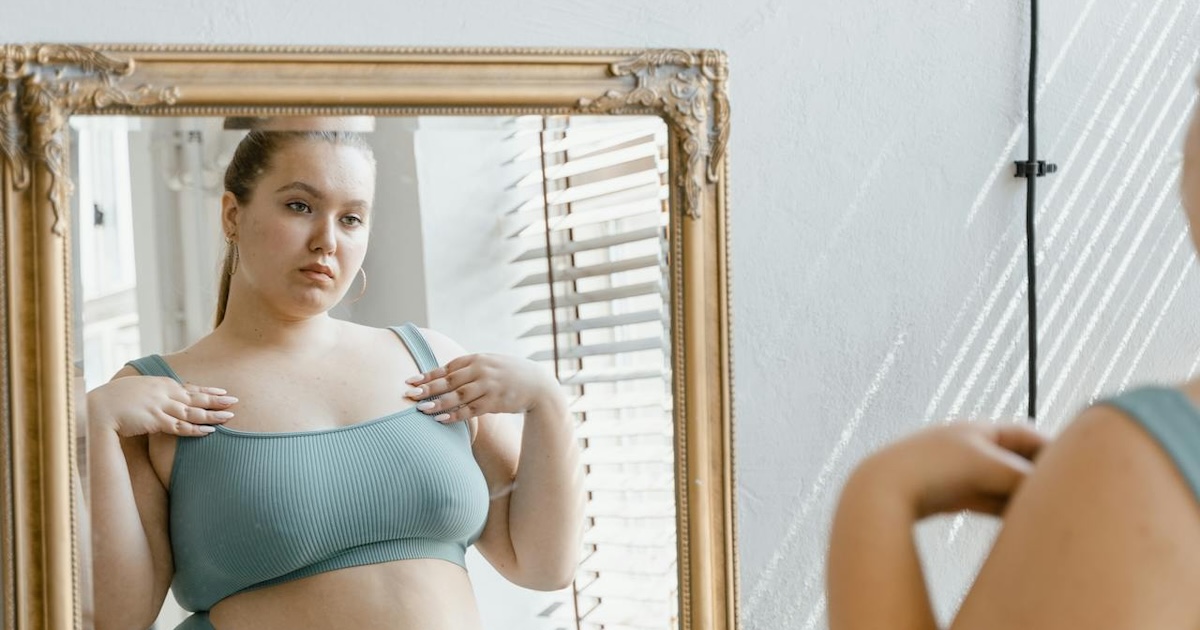
AI-driven web app helps connect NDIS recipients with specialists
Melbourne-based startup Support Sorted has developed a web-based application that simplifies the search for specialists for National Disability Insurance Scheme (NDIS) recipients.
Aiming to resolve a visibility problem, the University of Melbourne-backed startup built a database of licensed healthcare professionals around the country and their crucial details, including availability, treatment approach, and the types of clients they see.
The app features an AI-powered chat service that can generate a list of available clinicians, including speech pathologists, occupational therapists and psychologists, that meet a user's criteria, such as preferred location and type of therapy.
"Our search function is free for parents and generates instant results, saving families time and money that would otherwise be spent on hiring a support coordinator to manually conduct the same research," Support Sorted founder Dr Sam Donegan was quoted as saying in a media release.
NZ funds cognitive decline prevention app
A research project developing an AI-powered mobile platform for monitoring and preventing cognitive decline among seniors has received NZ$4 million ($2.4 million) from the New Zealand government.
According to agetech company Elli Cares, one of the research partners, the digital platform will deliver speech and game-based cognitive tasks to assess users' memory, decision-making, and verbal fluency. It will use adaptive AI algorithms to tailor these activities to their performance. Additionally, it will provide alerts and summaries for families and clinicians.
The platform, planned to be embedded into Elli Cares' existing mobile dementia support application, will be designed to be deployable in aged care, clinical, and home settings.
Elli Cares is collaborating with Dementia NZ, Victoria University of Wellington, the University of Auckland, and the University of Otago, as well as organisations from Singapore – A*STAR Institute of High Performance Computing, National Neuroscience Institute, and Lions Befrienders – for this three-year project.
A trial will be done in New Zealand and Singapore.
Wireless device detects baby's oxygen during labour
A collaborative project involving medtech company VitalTrace and researchers from the University of Western Australia (UWA) and the University of Sydney is developing a wireless, sensor-based device for tracking babies' oxygenation during labour.
"This new device enables clinicians, for the first time, to continuously monitor babies and their levels of oxygenation during labour," explained VitalTrace co-founder and CEO Dr Arjun Kaushik, who is also a medicine graduate from UWA.
Called DelivAssure, it is attached to the baby's scalp once its head is accessible after the mother's waters have broken.
In a recent first clinical trial, researchers noted that the device was able to detect the lack of oxygen in a baby by providing a continuous signal on the level of lactate in the baby's blood. This finding, they said, indicates the device's potential to help prevent major labour problems like birth asphyxia and cerebral palsy.
The trial was conducted at Royal North Shore Hospital in Sydney; it is also being done at King Edward Memorial Hospital in Perth, and Monash Health and Box Hill Hospital in Melbourne.


